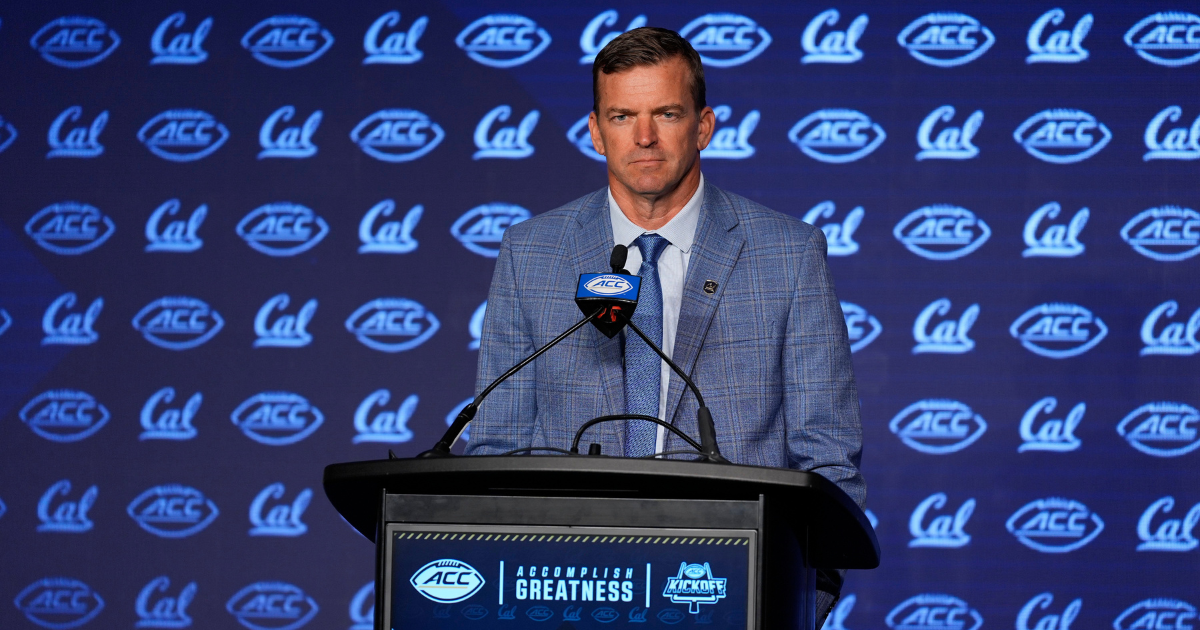Travel
Justin Wilcox refusing to use travel as an excuse for Cal in first ACC season

How Jim Phillips is FIGHTING to SAVE the ACC | Clemson, Florida State’s Status Amid Lawsuits | 07.23.24
Cal has quite the travel schedule as it enters its first season in the ACC. The Bears are set to travel more than 23,000 miles during the 2024 college football season, which is the most of any team in the league.
Cal head coach Justin Wilcox spoke with the ACC Network about the upcoming season during the ACC Kickoff Event on Tuesday. Wilcox is not interested in making any excuses for his team.
“It’s not like we’re doing 15 trips, you know. So it’s not that big a deal,” Justin Wilcox said. “We’re not making it a big deal. Is the flight longer? Sure. Is there more mileage? Yea. But yea, we’re not making it a big thing. … Go play the game.”
As far as ACC games go, Cal has road trips to Florida State, Pitt, Wake Forest and SMU this coming season. The Bears will also play an out of conference game at Auburn, which is another long road trip.
Wilcox did acknowledge that some changes are being made due to the tough travel schedule, but he insists it’s nothing his program can’t handle.
“Leave a day earlier. Gatorade, water, lots of food. Big airplane,” he said. “There will be tutors and study aids available. If there’s any tests that need to be taken they’ll have proctors available. So all of that’s been worked out.”
Jim Phillips describes the challenge the ACC faces in scheduling coast to coast
Coast-to-coast travel was one of the biggest criticisms that the ACC faced when adding the likes of Stanford, Cal and SMU to its ranks ahead of the 2024 collegiate athletic calendar.
To ACC commissioner Jim Phillips, he feels as though playing conference games across multiple timezones benefits everyone from a programming and national exposure standpoint.
“Our internal people have done a really good job with some of the folks up in Bristol,” Phillips said on Monday at the ACC Media Days. “I think one of the components we have to look at is what is it doing from a student-athlete standpoint. Honestly, we spent a lot of time on that, we really did. It’s unfortunate because when you go through expansion, you’re not able to engage with necessarily student-athletes because it’s at such a high level; it’s at the board level. You can’t get all kinds of opinions about it, right, all the rest of it.
“But we were very clear with the three new schools about what would be the reaction, what would be the feeling. They’re going to be coming to the East Coast more often than our student-athletes are going to have to go to the West Coast. They were very enthusiastic about it.”

/static.texastribune.org/media/files/f5fdb1dff4d6fd788cba66ebaefe08d0/Paxton_GOP_Convention_2018_BD_TT.jpg)






